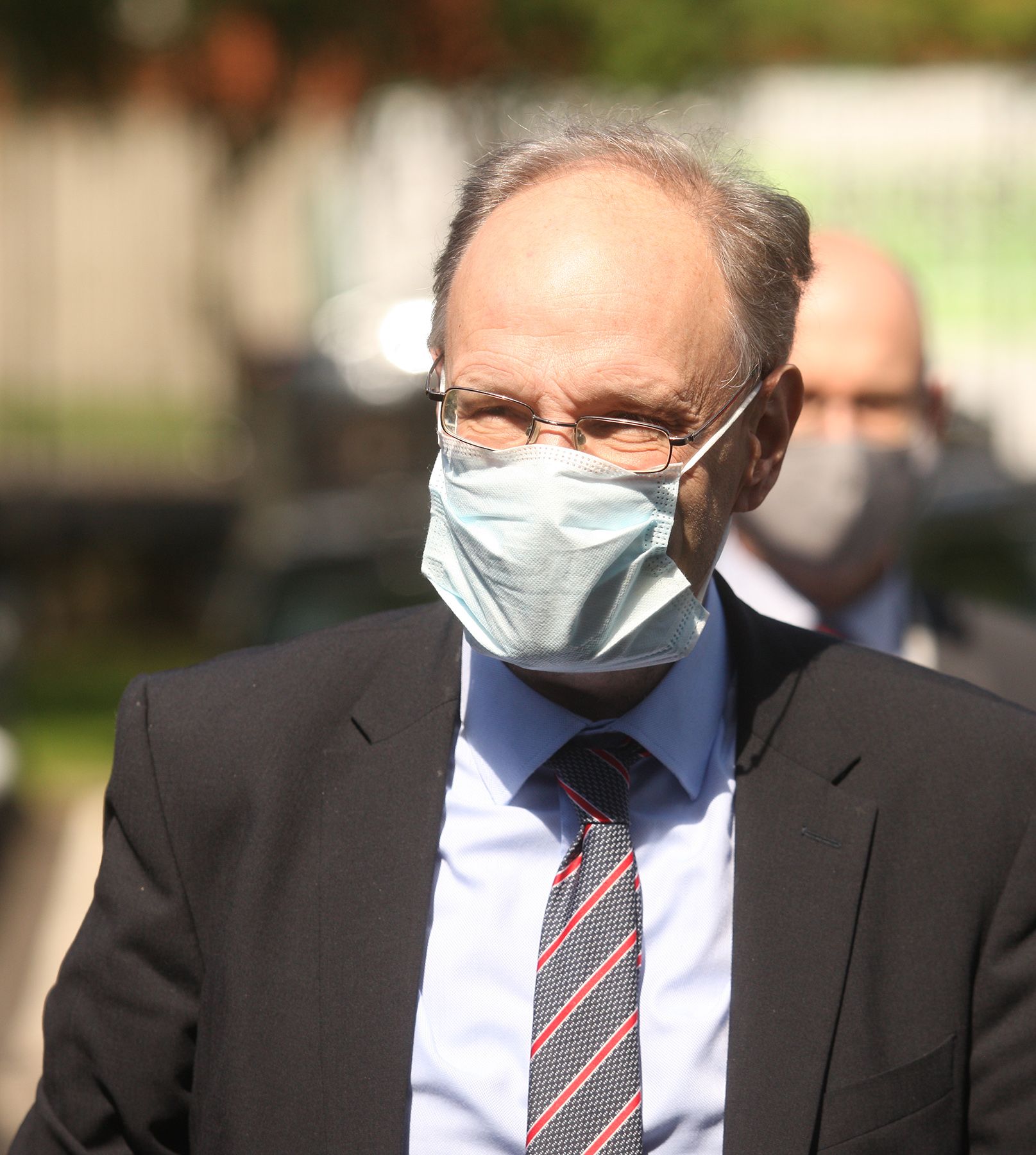A REPORT looking into the links between persistent educational underachievement and socio-economic background has found that £180m will need to be spent on widespread measures to tackle educational underachievement over the next five years.
The panel was appointed by Education Minister Peter Weir in September 2020 following a commitment in the New Decade New Approach agreement to tackling educational underachievement.
The report ‘A Fair Start’ makes a number of recommendations including that all children should also go to pre-school for at least four and a half hours a day and calling for significantly more investment in early years education.
While the panel was initially expected to look at the issues facing working-class Protestant boys, they found that “the most significant differences are between the GCSE attainment of free school meal-entitled (FMSE) and non-FSME pupils, irrespective of religion, gender or ethnicity”.
Education Minister endorses 'A Fair Start' report and action plan, which delivers on a "New Decade, New Approach" commitment. Read more here: https://t.co/O3cXoKUTYa pic.twitter.com/2kdDTSPcox
— Education NI (@Education_NI) June 1, 2021
However, the panel made a number of recommendations to tackle underachievement in this area including greater investment in youth work in working-class Protestant areas, recommending that schools in disadvantaged areas should receive greater funding for extra-curricular activities and calling for the recruitment of more male teachers, particularly at Primary level.
When it came to the issue of academic selection, which was not specifically mentioned in the panel’s Terms of Reference, they found that “academic selection skews teaching at Key Stage 2, prioritising literacy and numeracy at the expense of other Areas of Learning.”
The report also found that transfer outcomes for children in receipt of free school meals (FSME) was significantly lower than for non-FSME students, leading to significantly lower percentages of FSME pupils attending grammar schools.
While the panel did not make any recommendations when it came to the socioeconomic inequalities associated with academic selection, they said: “As a panel, we feel that addressing this systemic inequality should be a priority going forward and we welcome the explicit inclusion of a review of transfer arrangements in the Terms of Reference of the wider Department of Education Independent Review of Education.”
Report covers lots of other issues: critical of impact of academic selection, but left this to the Independent Review. Critical of assessment arrangements, especially at 16yrs, but only limited detail on alternative approach.
— Tony Gallagher (@tgeducation) June 1, 2021
This is despite previous reports highlighting the damaging effects of academic selection including a report in 1997 headed by Tony Gallagher and Alan Smith which concluded that selection increases inequality between the social classes.
A further report published by the Joseph Rowntree Foundation in 2007 was scathing of academic selection and earlier this year, a report by Ulster University found that academic selection reduces social mobility and increases social segregation within communities.
Responding to the latest report, Sinn Féin MLA and Deputy Chair of Stormont’s Education Committee, Pat Sheehan said that it has provided further evidence on the need to scrap academic selection.
The West Belfast MLA said: “The report has made a number of welcome recommendations including around the need to invest heavily in early years education, youth work, extended schools and enhanced support for families.
“However, while the minister commended these recommendations, it was telling that he ignored the panel’s findings on the role played by academic selection in creating what they called ‘systemic inequality’ in our schools.
“That may not suit the minister’s political agenda but he is supposed to be the minister for all children so he cannot put his fingers in his ears and dismiss it.
“The panel were clear on the evidence that academic selection skews teaching at Key Stage 2 and that transfer outcomes for children on free school meals are significantly lower than their counterparts who aren’t.”
Delighted to see @Education_NI Expert Panel on Educational Underachievement report & action plan published today. Pleased to have supported parents & young children to have their say, & we welcome the focus on early years, prevention & early intervention https://t.co/wKd3Pcn9hy
— NCB in Northern Ireland (@ncb_ni_tweets) June 1, 2021
Mr Sheehan said that if the minister is genuine about wanting to tackle educational under-attainment, then he cannot ignore the findings of the report.
Concluding, he added: “The panel also welcomed the fact that transfer arrangements will be examined as part of the independent review of education agreed in the New Decade New Approach deal.
“However, the minister doesn’t need to wait until then. Report after report have consistently concluded that academic selection drives educational inequality and harms children.
“The minister should take his fingers out of his ears and act in the interests of our children by taking steps to end the use of academic selection and rejection once and for all.”








